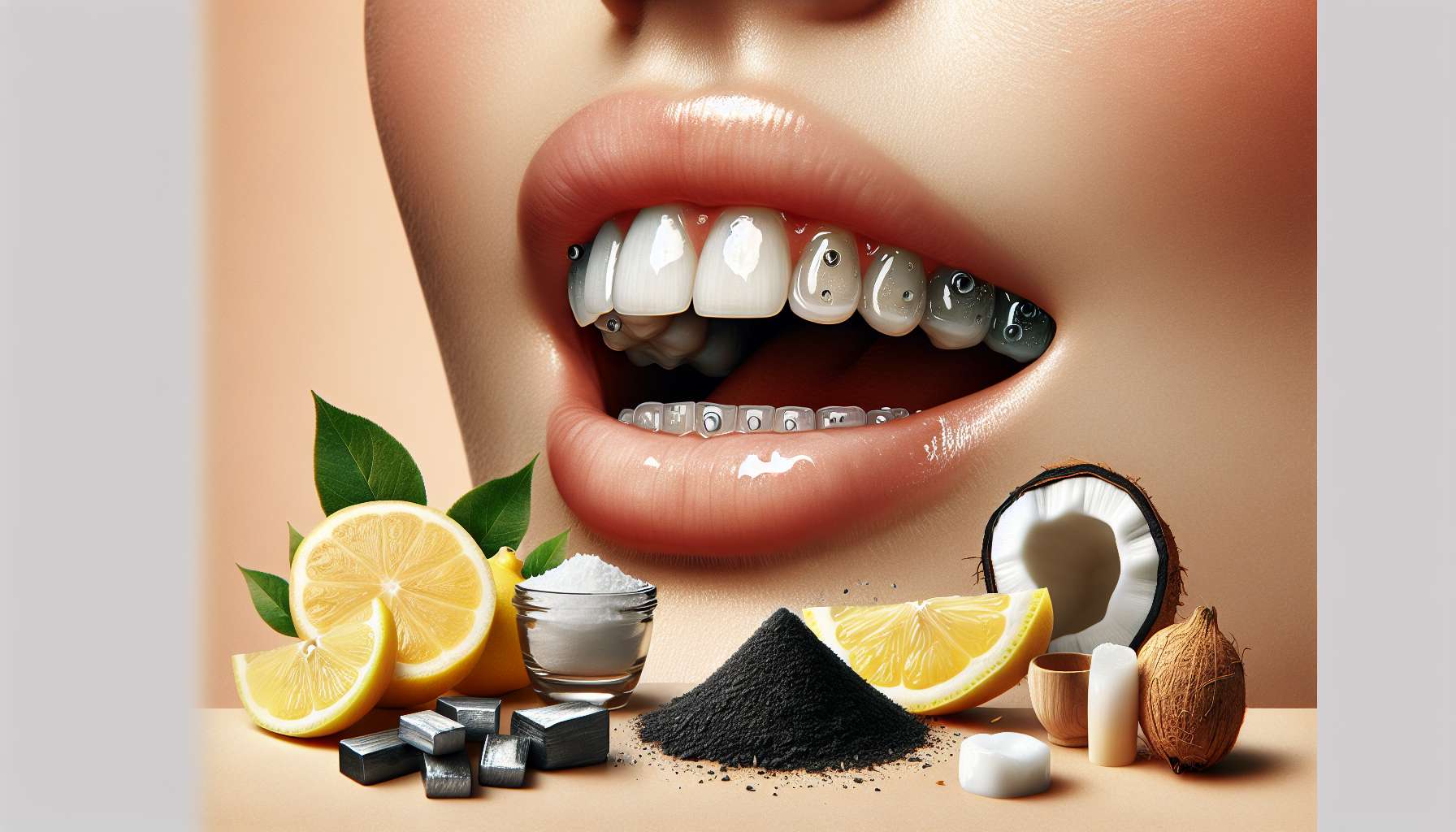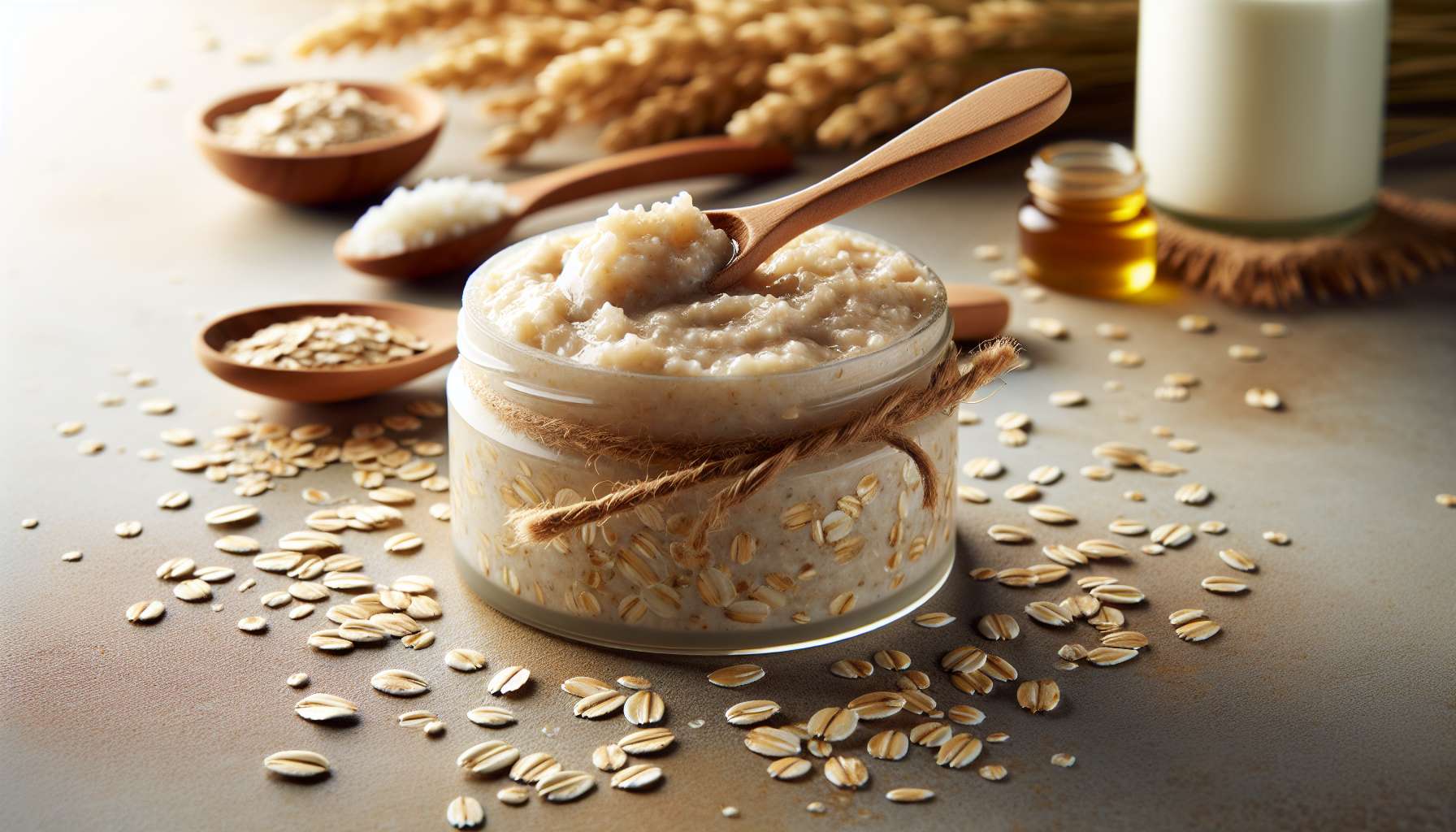Natural Teeth Whitening: A Comprehensive Guide to Brighter Smiles
Who doesnt want a dazzling white smile that lights up a room? Teeth whitening is a popular cosmetic procedure that can enhance your smile and boost your confidence. While there are numerous options available for teeth whitening, including professional treatments and over-the-counter products, many people are turning to natural methods to achieve a brighter smile. Natural teeth whitening offers a gentle and chemical-free approach to improving the appearance of your teeth. In this comprehensive guide, we will explore the world of natural teeth whitening, including its benefits, methods, and effectiveness.
The Science Behind Teeth Discoloration
Before delving into natural teeth whitening methods, its essential to understand why teeth become discolored in the first place. The most common causes of tooth discoloration include:
- Consumption of dark-colored foods and beverages such as coffee, tea, and red wine
- Smoking and tobacco use
- Poor oral hygiene leading to plaque and tartar buildup
- Aging, which causes the enamel to wear down and reveal the yellow dentin underneath
Understanding these factors can help you make informed decisions about how to whiten your teeth naturally.
Natural Teeth Whitening Methods
1. Oil Pulling
Oil pulling is an ancient Ayurvedic practice that involves swishing oil around in your mouth to remove toxins and improve oral health. Coconut oil is commonly used for oil pulling due to its antimicrobial properties. To whiten your teeth naturally, simply swish a tablespoon of coconut oil in your mouth for 15-20 minutes before spitting it out. This process helps remove bacteria and stains from the teeth, leading to a brighter smile over time.
2. Baking Soda
Baking soda is a gentle abrasive that can help scrub away surface stains on the teeth. You can create a paste by mixing baking soda with a small amount of water and brushing your teeth with it once a week. Be careful not to use baking soda too frequently, as it can wear down the enamel if used excessively.
3. Hydrogen Peroxide
Hydrogen peroxide is a common ingredient in many commercial teeth whitening products. You can create a natural whitening mouthwash by diluting hydrogen peroxide with water and swishing it in your mouth for 1-2 minutes. However, its crucial to use hydrogen peroxide in moderation to avoid irritation and damage to the gums.
4. Activated Charcoal
Activated charcoal is a popular natural teeth whitening remedy that works by adsorbing toxins and stains from the teeth. You can create a paste by mixing activated charcoal with water and brushing your teeth with it for 2-3 minutes. While activated charcoal can be effective in removing surface stains, it’s essential to use it sparingly to prevent enamel erosion.
5. Eating Crunchy Fruits and Vegetables
Foods like apples, carrots, and celery can help naturally scrub the teeth and remove surface stains. Including these crunchy fruits and vegetables in your diet can contribute to a whiter smile over time.
Expert Opinions on Natural Teeth Whitening
We spoke with Dr. Sarah Thompson, a renowned dentist, and expert in cosmetic dentistry, to get her insights on natural teeth whitening methods. According to Dr. Thompson, Natural teeth whitening methods can be effective in removing surface stains and brightening the smile. However, it’s essential to use these methods cautiously and not rely on them as a substitute for professional dental cleanings and treatments. Dr. Thompson recommends consulting with your dentist before trying any new whitening method to ensure it’s safe for your teeth and gums.
Common Misconceptions About Natural Teeth Whitening
There are several misconceptions surrounding natural teeth whitening methods, including the belief that they are ineffective or harmful to the teeth. However, when used correctly and in moderation, natural whitening methods can be safe and beneficial for your oral health. It’s crucial to consult with a dental professional before trying any new whitening method to ensure it’s suitable for your specific needs.
Comparative Analysis: Natural vs. Chemical Teeth Whitening
When comparing natural teeth whitening methods to chemical treatments, it’s essential to consider the benefits and drawbacks of each approach. Natural methods offer a gentle and non-invasive way to whiten the teeth, while chemical treatments can provide faster and more dramatic results. However, chemical whitening treatments often contain harsh ingredients that can cause sensitivity and damage to the teeth and gums. Ultimately, the choice between natural and chemical whitening methods depends on your preferences and oral health needs.
FAQs About Natural Teeth Whitening
Q: Are natural teeth whitening methods safe?
A: When used correctly and in moderation, natural teeth whitening methods are safe and can be beneficial for your oral health. It’s essential to consult with a dental professional before trying any new whitening method to ensure it’s suitable for your specific needs.
Q: How long does it take to see results with natural teeth whitening?
A: The results of natural teeth whitening methods can vary depending on the individual and the method used. Some people may see results within a few weeks, while others may take longer to notice a difference. Consistency and patience are key when using natural whitening methods.
Conclusion
To wrap things up, natural teeth whitening offers a gentle and chemical-free approach to achieving a brighter smile. By understanding the causes of tooth discoloration and exploring natural whitening methods such as oil pulling, baking soda, hydrogen peroxide, activated charcoal, and crunchy fruits and vegetables, you can enhance the appearance of your teeth safely and effectively. Remember to consult with a dental professional before trying any new whitening method to ensure it’s suitable for your specific oral health needs. With dedication and proper care, you can achieve a radiant smile that lights up any room!




